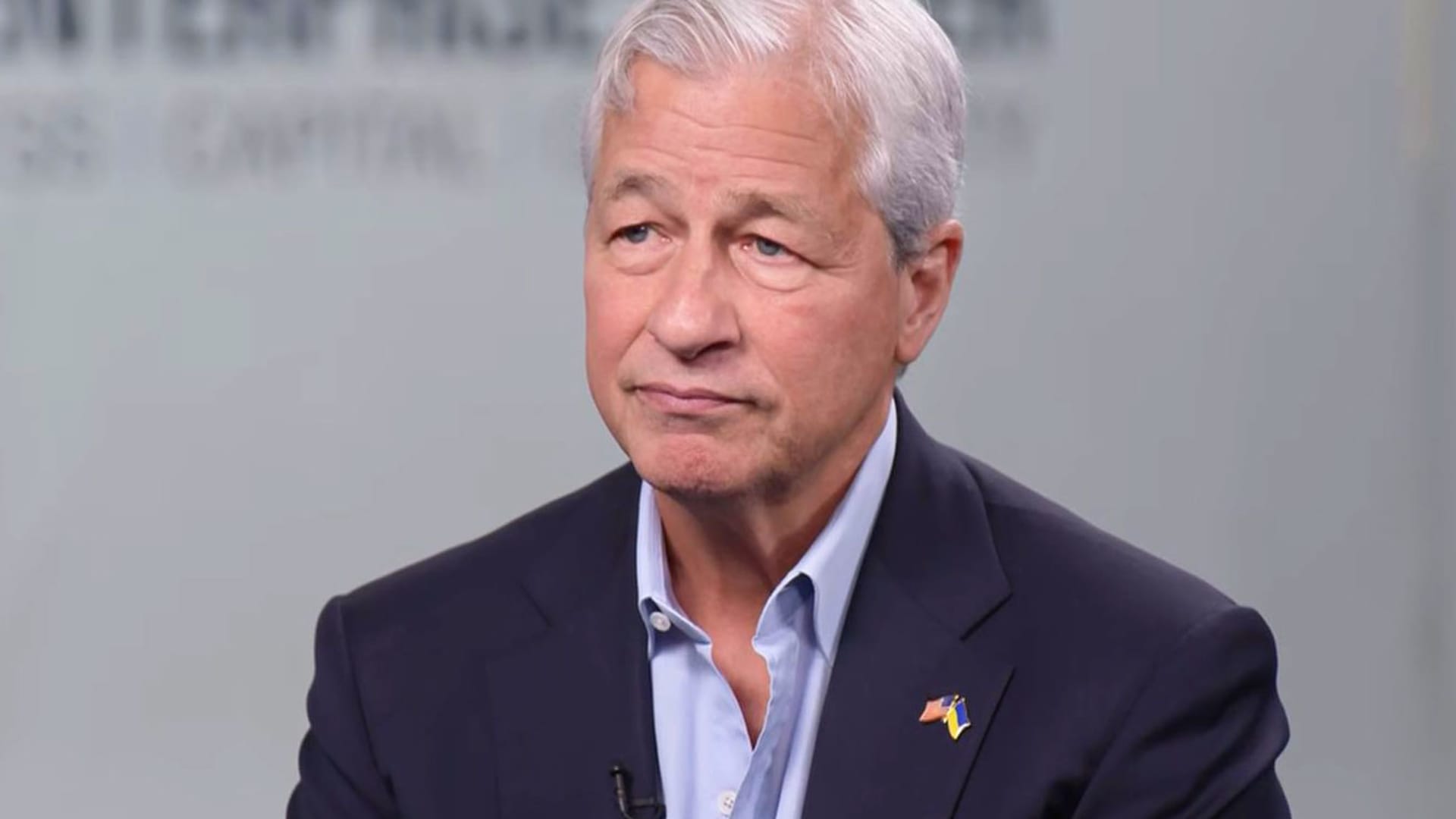Products You May Like
Deposit runs have led to the collapse of three U.S. banks this year, but another concern is building on the horizon.
Commercial real estate is the area most likely to cause problems for lenders, JPMorgan Chase CEO Jamie Dimon told analysts Monday.
“There’s always an off-sides,” Dimon said in a question-and-answer session during his bank’s investor conference. “The off-sides in this case will probably be real estate. It’ll be certain locations, certain office properties, certain construction loans. It could be very isolated; it won’t be every bank.”
U.S. banks have experienced historically low loan defaults over the last few years, thanks to low interest rates and the flood of stimulus money unleashed during the Covid pandemic. But the Federal Reserve has hiked rates to fight inflation, which has changed the landscape. Commercial buildings in some markets, including tech-centric San Francisco, may take a hit as remote workers are reluctant to return to offices.
“There will be a credit cycle; my view is it will be very normal” with the exception of real estate, Dimon said.
For example, if unemployment rises sharply, credit card losses might surge to 6% or 7%, Dimon said. But that will still be lower than the 10% experienced during the 2008 crisis, he added.
Separately, Dimon said that banks—especially the smaller ones most impacted by the industry’s recent turmoil—need to plan for interest rates to rise far higher than most expect.
“I think everyone should be prepared for rates going higher from here,” up to 6% or 7%, Dimon said.
The Fed concluded last month that mismanagement of interest-rate risks contributed to the failure of Silicon Valley Bank earlier this year.
The industry is already building capital for potential losses and regulation by reining in its lending activity, he said.
“You’re already seeing credit tighten up, because the easiest way for a bank to retain capital is not to make the next loan,” he said.
